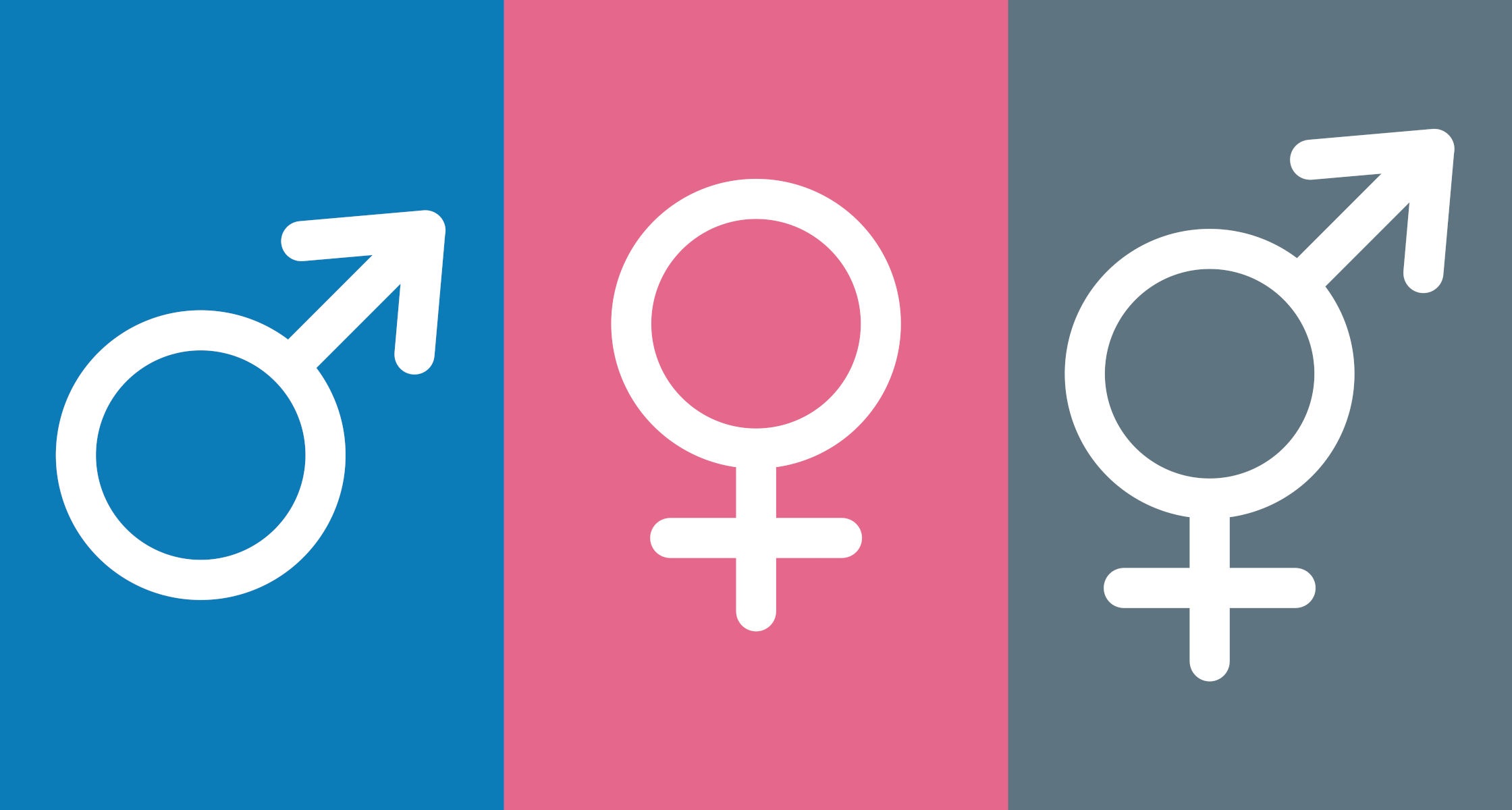The topic of "sex" or gender plays an important role in today's world. Whereas in the past most people were of the opinion that there were "only" two sexes, nowadays many scientists are of the opinion that the boundaries have become more fluid. This means that a person who was born with female sexual characteristics, for example, does not necessarily have to identify as a woman.
There are also biological men who feel feminine. And: Some people feel they belong to neither one gender nor the other. In short, perspectives on gender have changed over time.
This is also reflected, among other things, in the fact that it is now possible to have one's gender entry changed in identity documents. Many people who feel neither female nor male, for example, can now identify themselves as "diverse.
What is the gender of intersex people?

In the past, it was common practice to operate on intersexual people, i.e. people who have both male and female sexual characteristics, as early as possible. However, modern medicine has now refrained from this.
Now it is valid: If the intersexuality of a person does not represent a danger for his health, it is not operated as a rule also, provided that the affected person does not wish this explicitly.
To which gender the affected person feels belonging is ultimately dependent on his self-identification. For example, there are intersexuals who feel more female, more male or perhaps genderfluid.
One thing is certain: identifying with another gender is not a disease!
Is it possible to have one's gender changed in the identity documents?
Those who cannot identify with their birth sex have the option of changing it in their identity documents. However, such a step (still) involves a comparatively long process.
Among other things, expert opinions must be prepared. Many transsexuals, among others, know that a change of gender is associated with a high bureaucratic effort. Here, the TSG (Transsexual Act) ensures that they must undergo several examinations in order to be allowed to apply for a corresponding change of gender entry.
In the meantime, many action alliances are calling for the abolition of the TSG, which, by the way, has existed for decades.
Are people whose gender matches the identification preferred in everyday life?
Many people have to realize in everyday life again and again that persons, whose birth sex does not match the self-identification, are disadvantaged.
Women born with male gender markers - just like other queers - are often discriminated against. In the worst cases, there are even assaults. Current statistics show that the numbers here are alarmingly continuing to rise.
That is why many people are calling for tougher penalties against homophobic perpetrators.
Gender in everyday life
For several years, more and more people have been discussing gender issues. Classic considerations or topics of discussion include:
- How many genders are there?
- Do we need "gender toilets"?
- What is typical for the different genders?
And academia is also increasingly addressing pertinent issues around gender, gendering, and the like.
In many areas, it seems as if the topic is extremely charged. Accordingly, it is not surprising why gender is also playing an increasingly important role with regard to the field of politics.
Gender in earlier times - and today
The way in which genders are treated has changed greatly over the course of time. This means that what was still considered a "typical man" or a "typical woman" in ancient times must have long since ceased to be relevant in the Middle Ages.
And even today, many people are in favor of saying goodbye to the classic stereotypes and instead perceiving that the boundaries between the different genders currently seem to be becoming increasingly blurred.

I think it is important to accept everyone as he or she is. But today it's really not so easy, I think you face discrimination so quickly that is already crass.
That's how I see it too